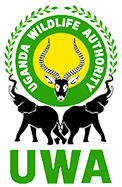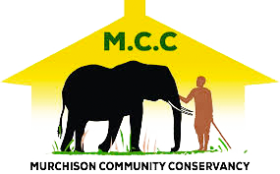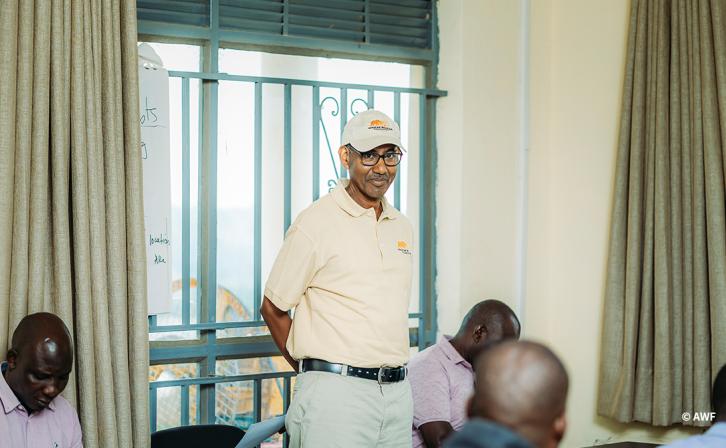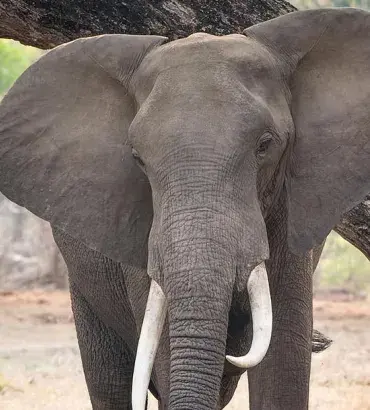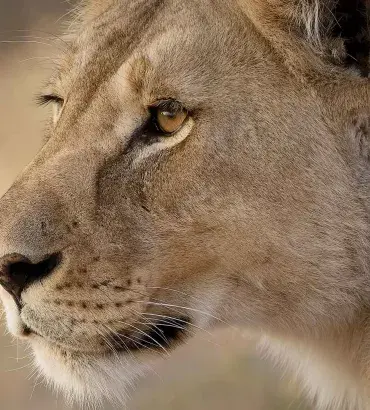Murchison Falls
Located at the northern end of the Albertine Rift Valley, Uganda's largest and oldest conservation area is home to an array of mammals, bird species, reptiles, and amphibians. Threats include oil extraction, human-wildlife conflict, climate change, agricultural expansion, human-settlement expansion, infrastructure development, poaching, and insecurity.
We began working in this landscape in 2013, partnering with communities to realize conservation solutions that benefit people and wildlife. Our activities include:
- Promoting sustainable land management through conservancies and participatory land-use planning
- Enhancing climate change adaptation and resilience
- Strengthening the capacity of wildlife law enforcement agencies
- Mitigating human-wildlife conflict and implementing species recovery and action plans
- Empowering youth through environmental education and awareness
AWF in Action
Deploying Canines to Track Poachers
Our Canines for Conservation program trains handlers to use their canine partner’s powerful noses to sniff out wildlife crime. AWF and the Uganda Wildlife Authority have deployed a detection-dog team to intercept wildlife contraband in Karuma, a town in the Murchison Falls landscape that has become a trafficking hub for products from the DRC and South Sudan. In addition, we recently deployed a tracker-dog unit to investigate and deter poaching and trafficking in the field.
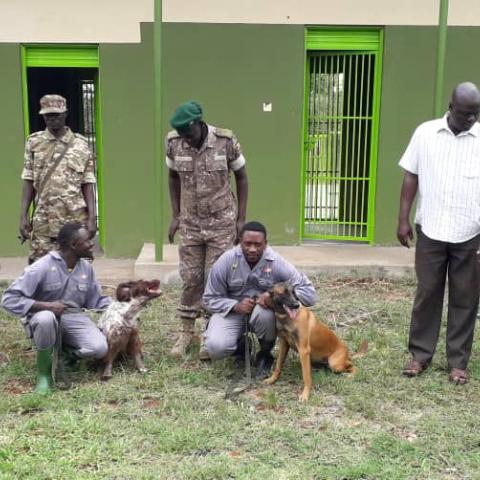
Restoring Biodiversity Hotspots to Empower Communities
Our holistic approach integrates sustainable agricultural enterprise, projects that address human-wildlife conflict, conservancy support and development, and conservation education.
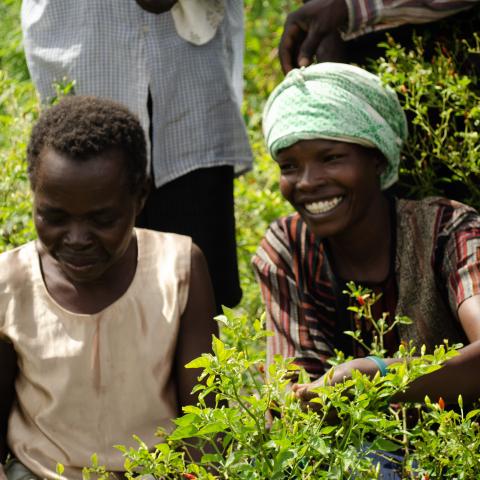
Negotiating Space for People and Wildlife
To ease human-wildlife conflict, we support farmers in growing chili crops, whose pungency discourages elephants from raiding farmland. We also train community wildlife scouts in wildlife conflict prevention and mitigation techniques.
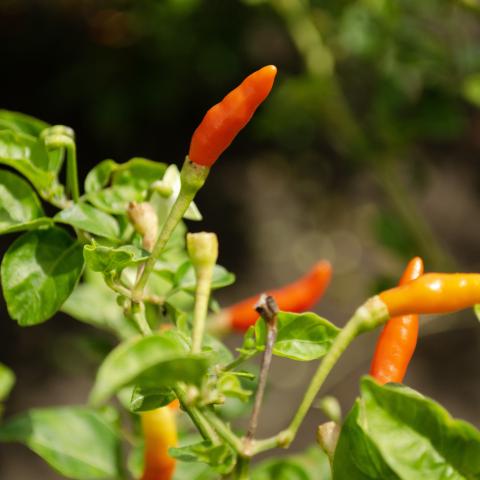
A Solution for Conservation in Uganda: Conservancies
We supported the Uganda Wildlife Authority (UWA) with the creation of Uganda’s first conservancies: The Murchison Community Conservancy, the Karenga Community Wildlife Area, and the Rurambira Conservancy near Lake Mburo National Park. Conservancies are a means to expand habitat protection, address human-wildlife conflict, diversify tourism experiences, improve community revenues and livelihoods, and involve landowners and communities in wildlife conservation.
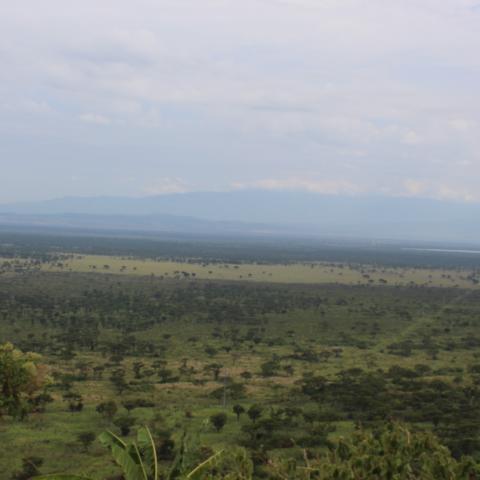
We work with the people of Uganda for wildlife. Our strategic, implementing and funding partners include:
See More of Our Work
Wildlife We Are Protecting


